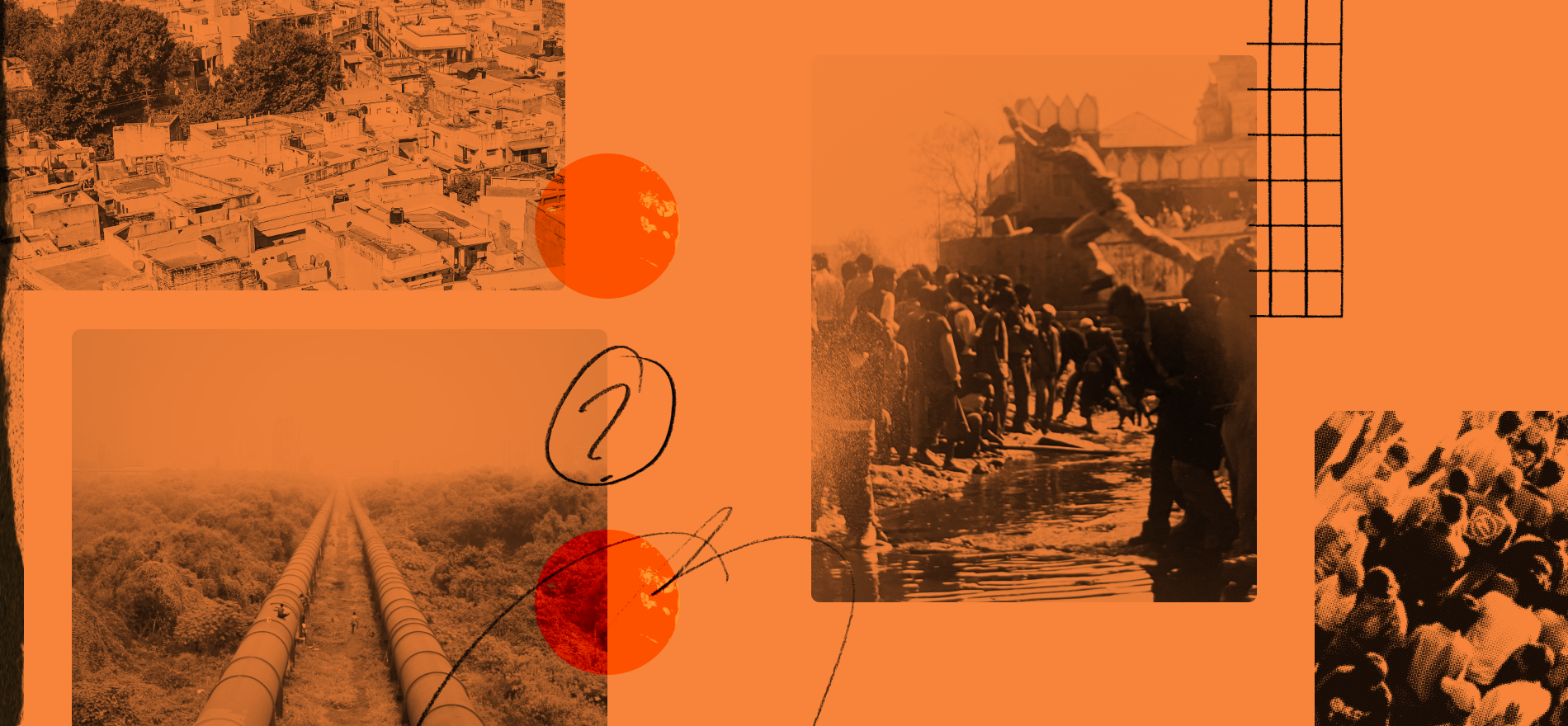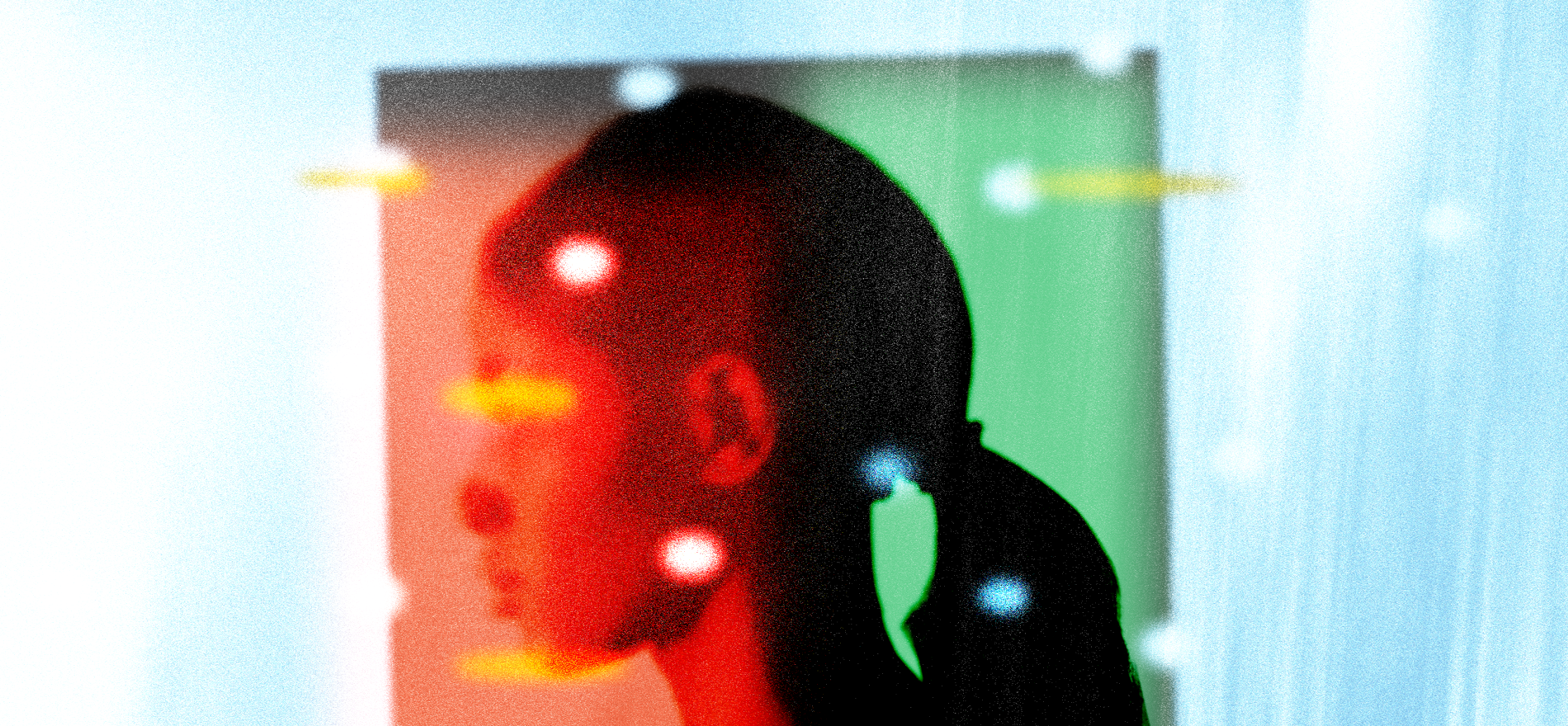At the upcoming forum, Meedan’s workshop will feature Dr. Dima Saber and Dr. Scott A. Hale alongside Nighat Dad, founder and executive director of the Digital Rights Foundation (DRF) in Pakistan. Taysir Mathlouthi of 7amleh — The Arab Center for the Advancement of Social Media — will moderate.
PDAF 2024 is hosted virtually by 7amleh over two days from June 4-5. This year’s event is centered on the theme “Artificial Intelligence: Revolutionary Promises and Discriminatory Realities.”

Facilitating South-South collaboration on AI bias
In the world of generative AI (GenAI), seemingly complex, nuanced, and personal prompts can often receive flattened answers replete with hegemonic tropes. As our facilitators note, asking GenAI tools what a wedding looks like is likely to produce responses focused on Christian churches, brides, and grooms. LLMs often rely on data that foregrounds the experiences of a limited group of individuals from the United States who are not representative of the global population.
At PDAF, Meedan hopes to instigate a conversation about how a South-South collaboration between civil society organizations (CSOs) could help counter the currently extractive nature of tech company relations by thinking about how CSOs could better collect and control data. As an example of the current shortcomings surrounding LLMs and Arabic, we will present some of our initial exploratory work on social media posts from the Gaza War.
Previous collaborations between Meedan and DRF have focused on issues such as gendered disinformation in elections. With a particular focus on women’s rights, DRF is dedicated to information access, strong privacy policies, and safe and free online expression.
Meedan’s participation in PDAF 2024 also builds on previous work with SMEX and WITNESS to create and distribute open-access media resources for Gaza and our recent support for responding to misinformation in Gaza, including through investigative publications by NAWA Media and technological assistance for Palestinian organizations and individuals.
Since 2017, the annual Palestine Digital Activism Forum has served as a constructive venue for promoting digital rights and supporting activists who work on behalf of the Palestinian cause within and beyond the region. This year’s theme examines AI’s role in Palestinian surveillance, occupation, oppression, dehumanization, and bombardment as well as related environmental concerns and potential avenues for harnessing the power of artificial intelligence to promote positive social outcomes.
Through research, monitoring, training, advocacy, and campaigning, 7amleh works to create a safe, fair, and free digital space for Palestinians.
We collaborated with 53 partner organizations worldwide to design and carry out our 2024 elections projects. We extend special gratitude to our lead partners in Brazil, Mexico and Pakistan, whose work we highlight in this essay.



The 2024 elections projects featured in here would not have been possible without the generous support of these funders.












